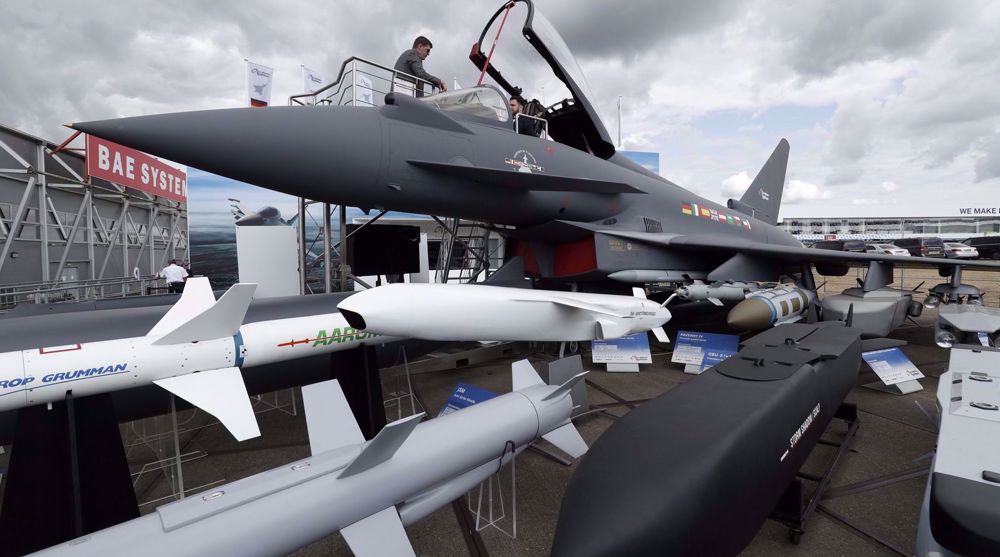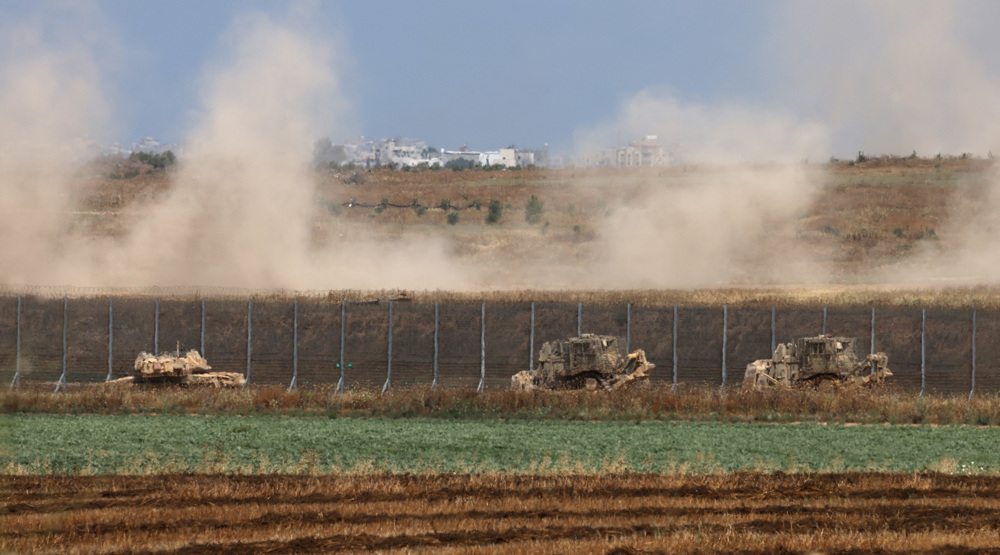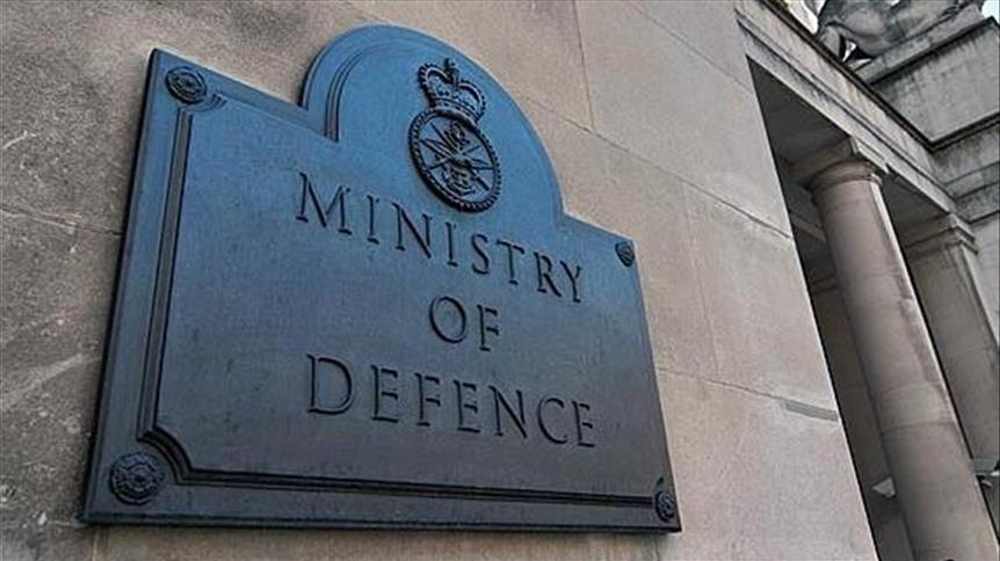Britain 'firmly committed' to Iran nuclear deal, May tells Netanyahu
Prime Minister Theresa May has told Israeli Prime Minister Benjamin Netanyahu that Britain remains “firmly committed” to the 2015 nuclear agreement with Iran.
In a telephone call on Monday, May and Netanyahu discussed security cooperation, bilateral trade, and the Iran nuclear deal, according to a statement issued by 10 Downing Street.
“They discussed Iran, with the Prime Minister noting the importance of the nuclear deal with Iran which has neutralized the possibility of the Iranians acquiring nuclear weapons for more than a decade,” the statement said.
The deal, known as Joint Comprehensive Plan of Action (JCPOA), was struck in July 2015 between Iran and the P5+1 group-- the US, Britain, France, Russia and China plus Germany. The two sides began implementing the accord in January the next year.
Netanyahu, whose regime is believed to possess the only nuclear arsenal in the Middle East, has repeatedly made unfounded accusations that Iran has been seeking to develop nuclear weapons. Tehran has strongly denied the allegations.
“The Prime Minister said the UK remains firmly committed to the deal and that we believe it is vitally important for regional security,” the statement said.
“The Prime Minister said it was important that the deal is carefully monitored and properly enforced, and that both sides deliver on their commitments,” the statement noted.
May’s remarks are also in contrary to the opinion of US President Donald Trump who has publicly criticized the nuclear agreement, calling it “one of the worst deals I've ever seen.”
According to reports, Trump is expected to “decertify” the 2015 nuclear agreement with Iran this week, while quietly encouraging Congress not to reimpose sanctions that could unravel the landmark deal.
Trump’s national security advisers have recommended he should not certify the nuclear deal, officially known as the Joint Comprehensive Plan of Action (JCPOA), but keep the agreement intact for now.
Trump has until October 15 to decide whether to certify that Iran is in compliance with the accord, but he is reportedly going to announce his decision on October 12.
Under the deal, Washington agreed to waive nuclear-related sanctions in exchange for Tehran restricting its nuclear program. Trump’s senior advisers have been warning him that other signatories to the JCPOA, including European allies, were unlikely to reimpose their own sanctions if the US decided to withdraw from the deal.
A group of European ambassadors made a trip to Capitol Hill last week to make their case before the US Congress that the nuclear agreement should remain in place.
The ambassadors from the UK, EU, France and Germany met with at least 30 senators, warning that there is a "lot of misunderstanding" on Capitol Hill regarding the Iran deal.
They also noted that other signatories to the JCPOA - Russia and China in particular - have little appetite for reopening negotiations on the accord. Tehran has also repeatedly made clear it has no intention of renegotiating the terms of the deal.
Meanwhile, German Foreign Minister Sigmar Gabriel on Sunday warned that "the world will change" if Trump decides to ditch the multilateral nuclear deal with Iran.
“That is a great danger for us because if the United States of America takes that course then the world will change,” Gabriel said.
Palestinian women’s team scripts history with 1st game in Europe on Nakba Day
Raeisi: Iran-Azerbaijan ties stronger than mere neighbors
'Israel must be held accountable for crimes against Palestinian athletes'
1948 Nakba remembrance in London
Iranian, Azerbaijani presidents inaugurate Qiz Qalasi border dam
VIDEO | Press TV's news headlines
Iran provides free healthcare to children under 7 despite sanctions
Another Palestinian journalist killed by Israeli airstrike in Gaza





















 This makes it easy to access the Press TV website
This makes it easy to access the Press TV website